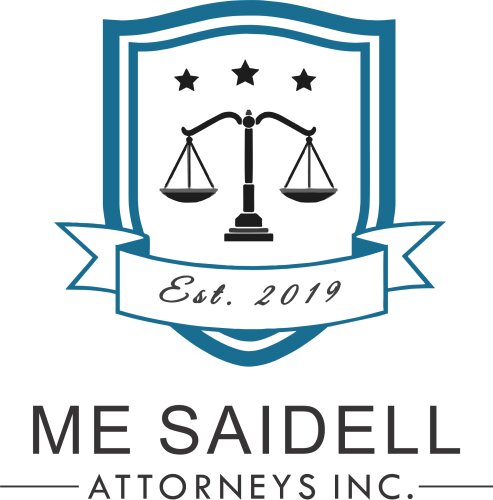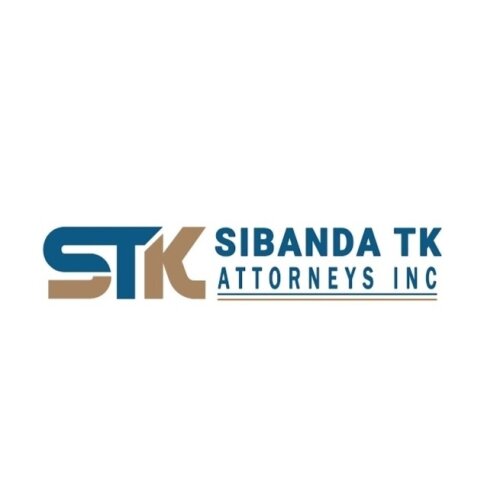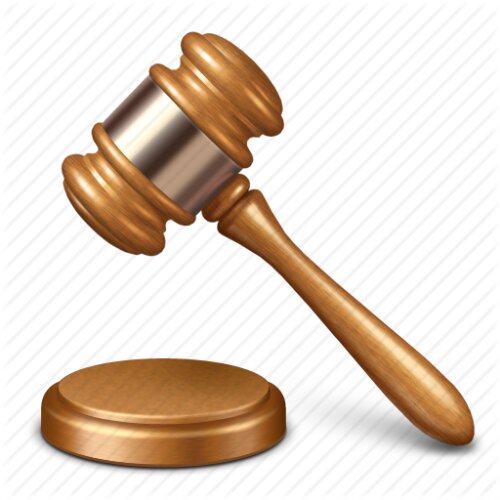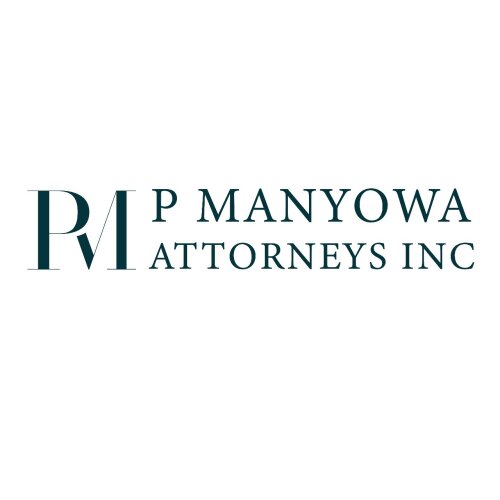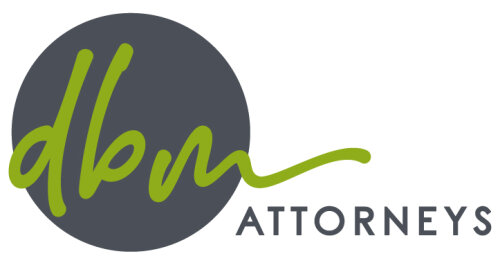Best Juvenile Law Lawyers in South Africa
Share your needs with us, get contacted by law firms.
Free. Takes 2 min.
Or refine your search by selecting a city:
List of the best lawyers in South Africa
About Juvenile Law in South Africa
Juvenile Law in South Africa focuses on legal issues concerning children and young people under the age of 18. This area of law is primarily concerned with the protection, care, and rehabilitation of children and young people. The South African legal framework aims to balance safeguarding the best interests of the child and addressing behaviors contrary to the law. The Child Justice Act, amongst other child protection laws, outlines procedures and policies aimed at ensuring that juveniles are treated appropriately within the legal system.
Why You May Need a Lawyer
There are numerous situations where individuals or families may require legal assistance in Juvenile Law:
- When a minor is accused of committing a crime and is facing criminal charges under the Child Justice Act.
- When seeking legal representation or advocacy to secure the rights of a child in family disputes, custody battles, or child welfare investigations.
- If a child is a victim of abuse or neglect and requires protection or intervention from the state.
- To navigate adoption proceedings or secure guardianship of a minor.
- When involved in school-related disciplinary actions or special education needs that may have legal implications.
Local Laws Overview
Key aspects of local laws relevant to Juvenile Law in South Africa include:
- The Constitution of South Africa: Guarantees the rights of children to be protected from maltreatment, neglect, and abuse.
- The Child Justice Act: Provides a comprehensive approach to dealing with juvenile offenders, emphasizing rehabilitation and reintegration into society.
- The Children’s Act: Focuses on child protection, promoting the well-being of children and ensuring appropriate guardianship and care arrangements.
- Customary and Family Law: Addresses issues related to family structures, custody, and children's rights within the framework of South African customs and traditions.
Frequently Asked Questions
1. What is the age of criminal responsibility in South Africa?
The minimum age of criminal responsibility in South Africa is 10 years. Children between the ages of 10 and 14 are presumed not to have the capacity to commit an offense unless the state proves otherwise.
2. What rights do children have in legal proceedings?
Children have the right to legal representation, to have their best interests considered paramount, and to express their views in matters affecting them.
3. How does the Child Justice System differ from the adult system?
The Child Justice System focuses on rehabilitating rather than punishing juvenile offenders. It prioritizes diversion from formal court processes, using alternative methods like family group conferences and victim-offender mediation.
4. How are child custody decisions made?
Custody decisions are based on the best interests of the child, considering factors like the child’s age, attachment to each parent, and the parents' ability to meet the child's needs.
5. What is a diversion program?
Diversion programs are alternatives to formal sentencing that aim to rehabilitate juvenile offenders through education, counseling, or community service.
6. What steps should be taken if a child is being abused?
Report the abuse to the authorities immediately. You can contact the police or social services to ensure the child's safety and begin an investigation.
7. Can a child decide which parent to live with?
The child’s views are considered, especially if they are over a certain age, but the final decision rests on what is deemed in the child’s best interests.
8. What happens if a juvenile does not comply with a court order?
If a juvenile fails to adhere to court-imposed conditions, the court may revise the initial order or choose alternative sanctions focused on rehabilitation.
9. Are there any special provisions for children with disabilities in legal matters?
Yes, the law seeks to accommodate the specific needs of children with disabilities, ensuring their right to participate fully in legal processes is upheld.
10. How can parents support their child during legal proceedings?
Parents can provide emotional support, ensure their child understands the proceedings, and work closely with their legal representative to ensure their child's rights and interests are protected.
Additional Resources
Here are some helpful resources and organizations related to Juvenile Law in South Africa:
- The South African Human Rights Commission: Provides guidance on children's rights.
- Legal Aid South Africa: Offers free legal services for those who qualify, including for matters related to Juvenile Law.
- Childline South Africa: Offers support and counseling services for children and families in distress.
- Department of Social Development: Responsible for policies around child welfare and protection.
Next Steps
If you require legal assistance in the field of Juvenile Law, consider taking the following steps:
- Consult with a lawyer specializing in Juvenile Law to discuss your specific situation and receive appropriate guidance.
- Contact Legal Aid South Africa if you need free legal advice or representation and meet their criteria.
- Reach out to non-profit organizations focused on child welfare for advice, resources, and support.
- Document all relevant events and interactions, as detailed records can be crucial in legal proceedings.
- Stay informed about your rights and the rights of your child to ensure advocacy and protection throughout the legal process.
Lawzana helps you find the best lawyers and law firms in South Africa through a curated and pre-screened list of qualified legal professionals. Our platform offers rankings and detailed profiles of attorneys and law firms, allowing you to compare based on practice areas, including Juvenile Law, experience, and client feedback.
Each profile includes a description of the firm's areas of practice, client reviews, team members and partners, year of establishment, spoken languages, office locations, contact information, social media presence, and any published articles or resources. Most firms on our platform speak English and are experienced in both local and international legal matters.
Get a quote from top-rated law firms in South Africa — quickly, securely, and without unnecessary hassle.
Disclaimer:
The information provided on this page is for general informational purposes only and does not constitute legal advice. While we strive to ensure the accuracy and relevance of the content, legal information may change over time, and interpretations of the law can vary. You should always consult with a qualified legal professional for advice specific to your situation.
We disclaim all liability for actions taken or not taken based on the content of this page. If you believe any information is incorrect or outdated, please contact us, and we will review and update it where appropriate.
Browse juvenile law law firms by city in South Africa
Refine your search by selecting a city.




